Science
The principal focus of science teaching in key stage 1 is to enable pupils to experience and observe phenomena, looking more closely at the natural and humanly-constructed world around them. They should be encouraged to be curious and ask questions about what they notice. They should be helped to develop their understanding of scientific ideas by using different types of scientific enquiry to answer their own questions, including observing changes over a period of time, noticing patterns, grouping and classifying things, carrying out simple comparative tests, and finding things out using secondary sources of information. They should begin to use simple scientific language to talk about what they have found out and communicate their ideas to a range of audiences in a variety of ways. Most of the learning about science should be done through the use of first-hand practical experiences, but there should also be some use of appropriate secondary sources, such as books, photographs and videos.
- Plus Plan
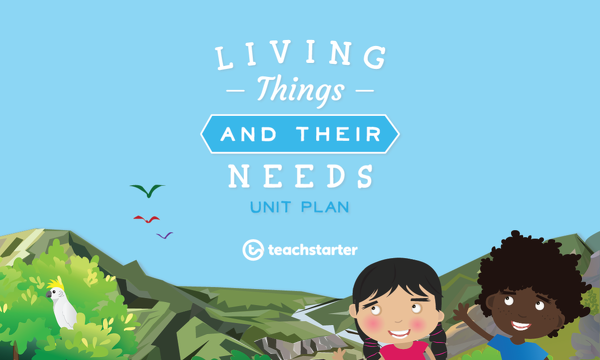
Living Things Need Shelter
A 60 minute lesson in which students will identify why living things need shelter.
- Plus Plan
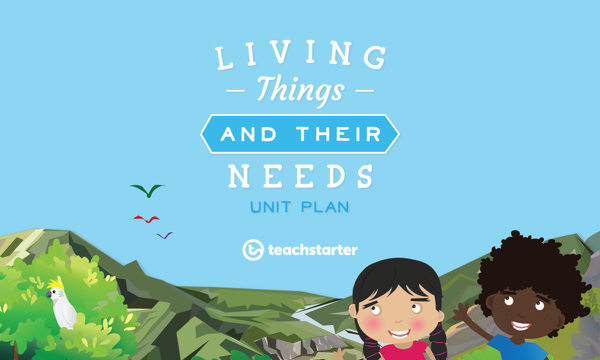
Making a Mini Water Cycle Experiment
A 60 minute lesson in which students will investigate how the water cycle works.
- Plus Plan
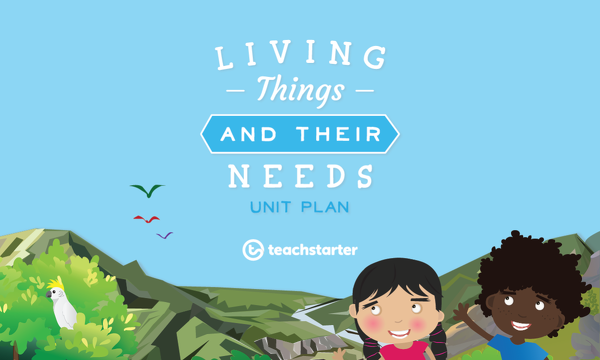
Living Things Need Water
A 60 minute lesson in which students will investigate why living things need water.
- Plus Plan
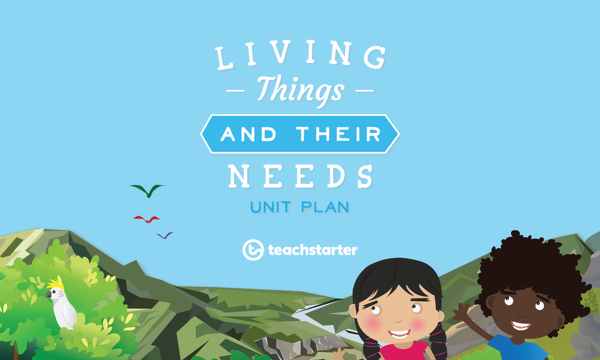
Balloon Rocket Experiment
A 60 minute lesson in which students will investigate how energy makes things move.
- Plus Plan
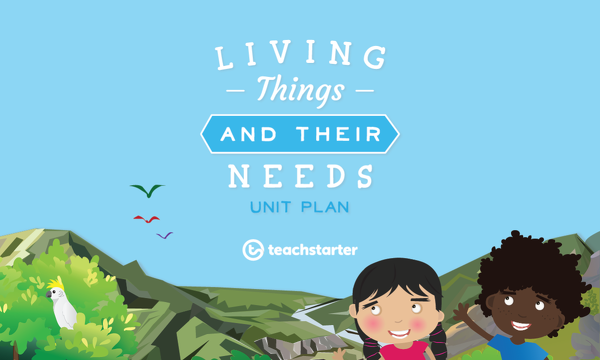
Living Things Need Energy
A 60 minute lesson in which students will identify why living things need energy.
- Plus Plan
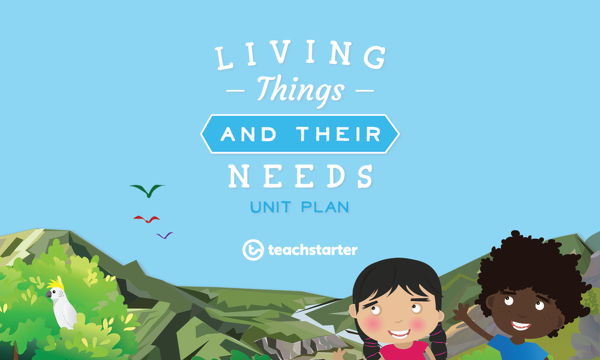
Creating Oxygen Experiment
A 60 minute lesson in which students will investigate how plants make oxygen.
- Plus Plan
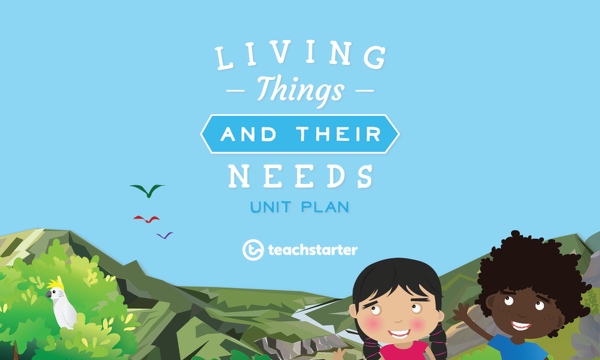
Living Things Need Oxygen
A 60 minute lesson in which students will identify why living things need oxygen.
- Plus Plan
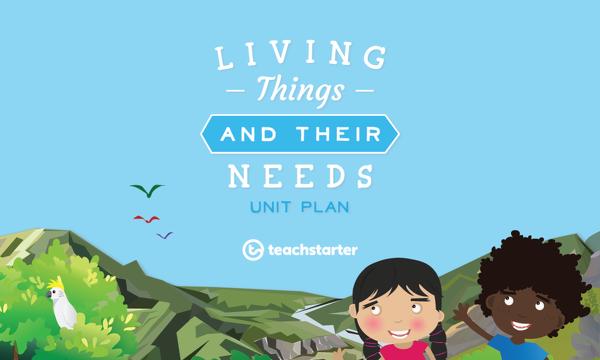
What Do Living Things Need?
A 60 minute lesson in which students will identify the four basic needs of living things.
- Plus Plan
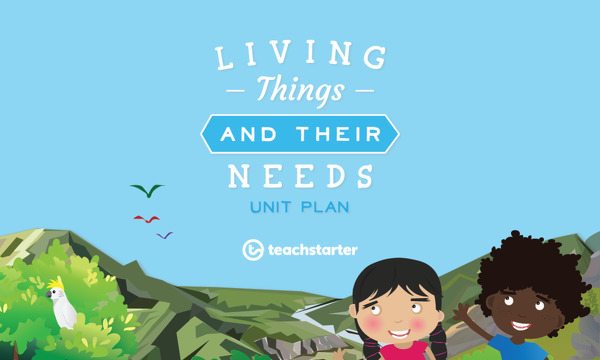
Living or Non-Living?
A 60 minute lesson in which students will identify the features of living and non-living things.
- Plus Plan
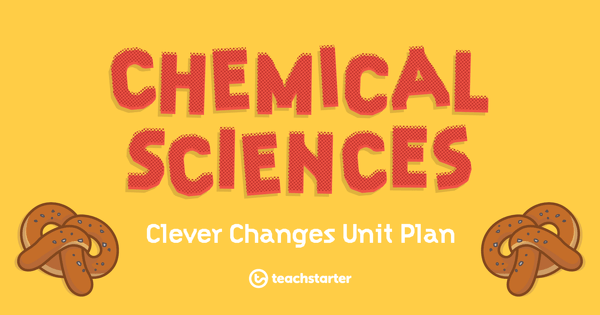
Stretch, Bend and Twist – I Think You've Got the Gist
A 60-minute lesson designed for students to use their knowledge of materials to predict and identify whether materials stretch, bend or twist.
- Plus Plan
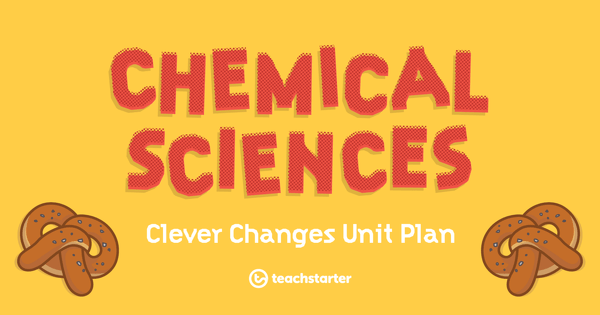
Marvellous Materials
A 60-minute lesson in which students recap their prior knowledge of materials and their physical features.
- Plus Plan
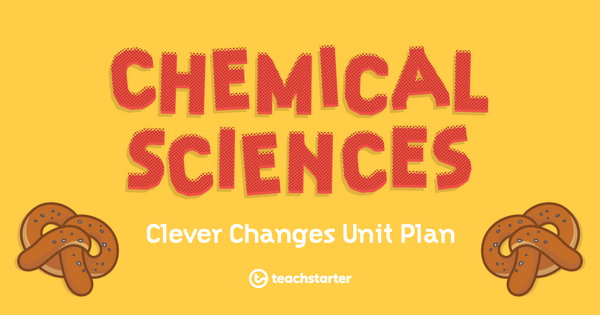
Sensational Stretching
A 60-minute lesson designed to explain how certain materials can be stretched.
- Plus Plan
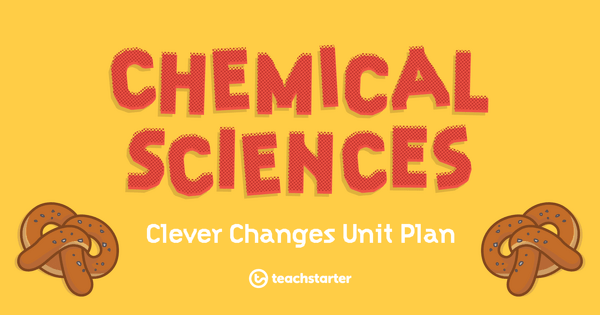
Terrific Twisting
A 60-minute lesson designed to explain how certain materials can be twisted.
- Plus Plan
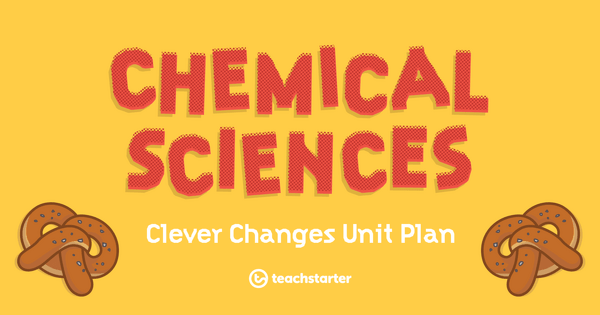
Handy Heating
A 60-minute lesson designed to explain how certain materials change when they are heated.
- Plus Plan
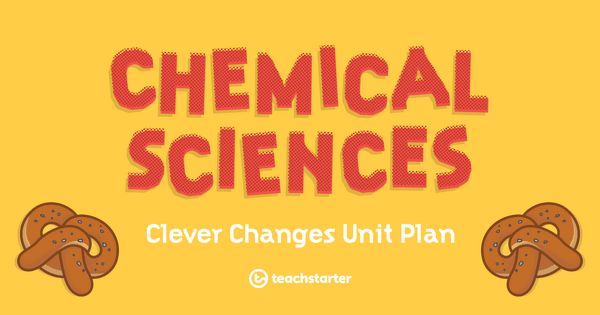
Choice Cooling
A 60-minute lesson designed to explain how certain materials change when they are cooled.
- Plus Plan
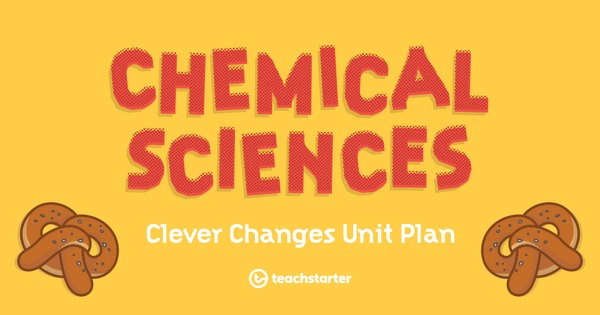
Are You Getting Hot or Cold?
A 60-minute lesson designed to summarise the physical changes that occur when things stretch, bend, twist, heat and cool.
- Plus Plan
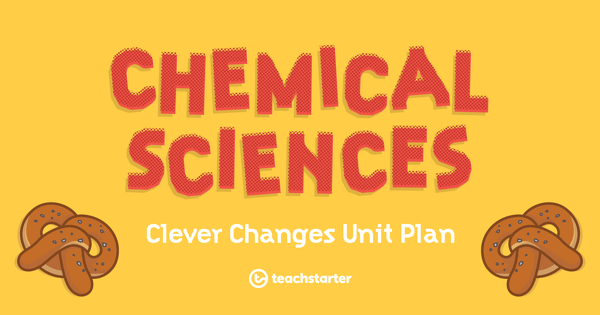
Assessment: Chemical Science – Clever Changes
A 30-minute assessment designed to assess students' ability to describe physical changes in materials.
- Plus Plan
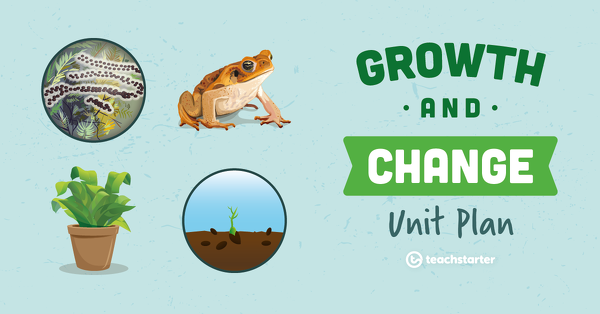
Changes, Changes Everywhere!
An assessment task in which students will demonstrate their knowledge and understanding of how living things grow and change.
- Plus Plan
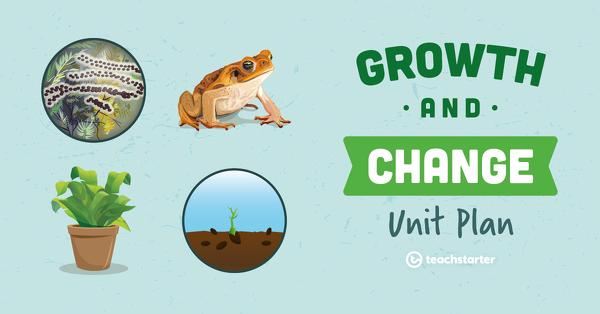
This is Your Life
A 60 minute lesson in which students will demonstrate knowledge and understanding of the stages of the human life cycle.